Digitally Inclusive, Healthy Ageing Communities (DIHAC) in Chiang Mai Thailand, July 2024
Principal investigator of DIHAC study, Associate Professor Myo Nyein Aung, from Department of Global Health Research, Juntendo University Tokyo, Japan participated in community-based collaborative activities of Keelek city, and Hang Dong city in Chiang Mai, Thailand and witnessed healthy ageing and digital inclusion of older Thai adults in the second week of July 2024. The observation and activities of the DIHAC study Thailand team were led by Dr Saiyud Moolphate, Department of Public Health, Chiang Mai Rajabhat University (CMRU) and participated by, Dr Thin Nyein Nyein Aung, Department of Family Medicine, Chaing Mai University Thailand and DIHAC Thailand team members.
Associate Professor Myo Nyein Aung observed and contributed advice for the Community University for Older Persons which is a collaboration project of Keelek Municipality and Chiang Mai Rajabhat University on 9th July 2024. In the Keelek City, Chaing Mai Rajabhat University and DIHAC study team are collaborating to develop digitally inclusive healthy ageing programs.
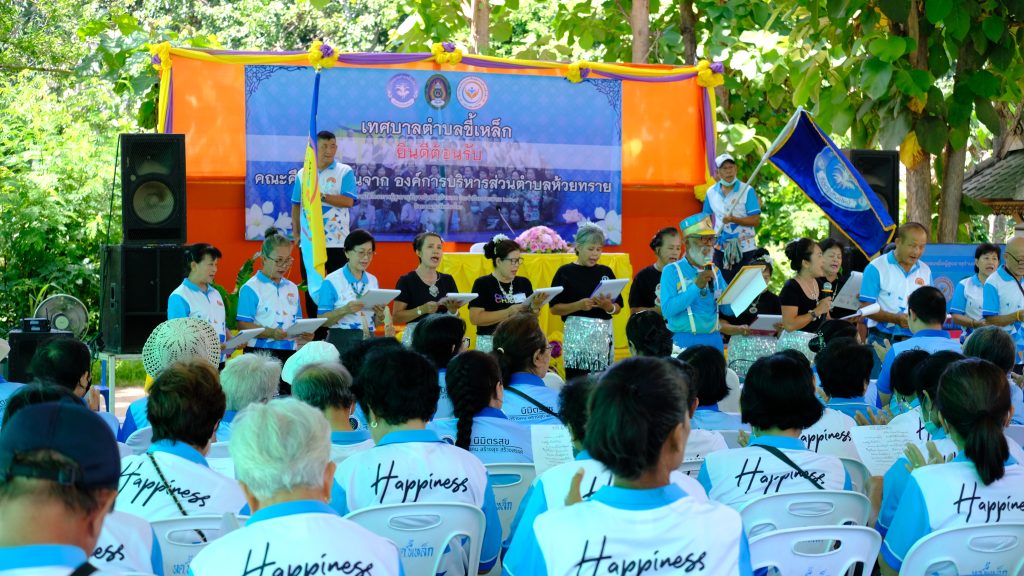
Figure 1: Activities of Community University for older persons in Keelak City, Chaing Mai, Thailand
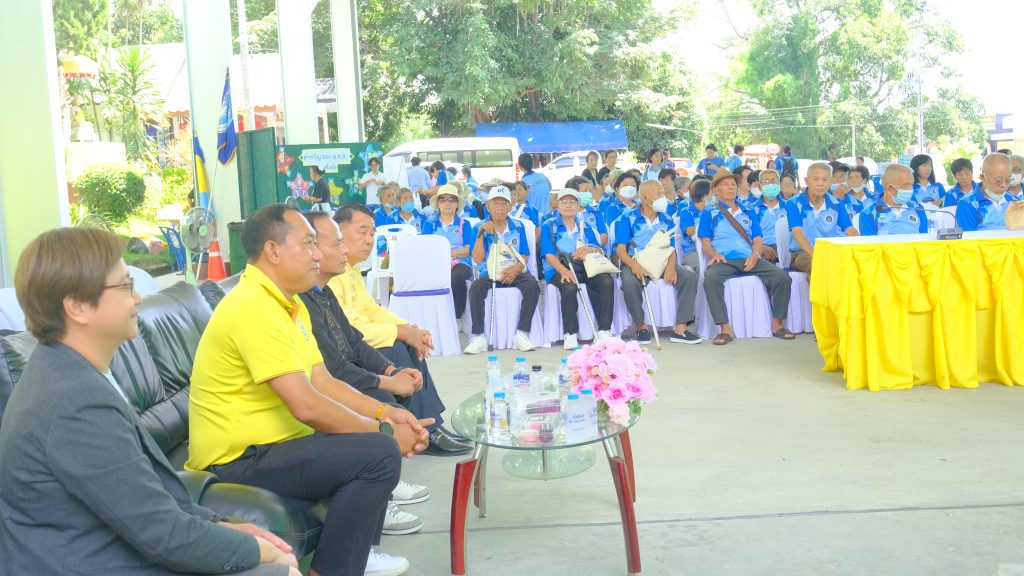
Figure 2: CMRU Associate Dean Dr Naparat Jiwalak , Mayor Mr Kiattisak Mala and city administrative officials and participants
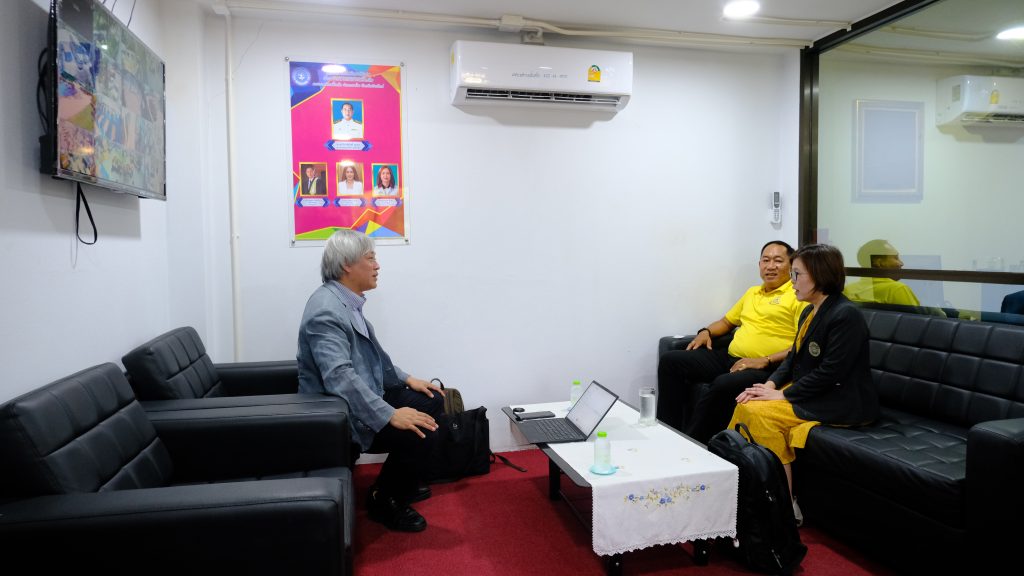
Figure 3: Keelek City Mayor Mr Kiattisak Mala discussing with DIHAC study investigators to promote internet use and healthy ageing in the city
There, smartphones and digital applications are found to be usual parts of older persons’ daily lives for social connections, hobbies, shopping, information search, and entertainment. The mayor of the city expressed his policy to promote the digital inclusion among the older persons and their happiness.
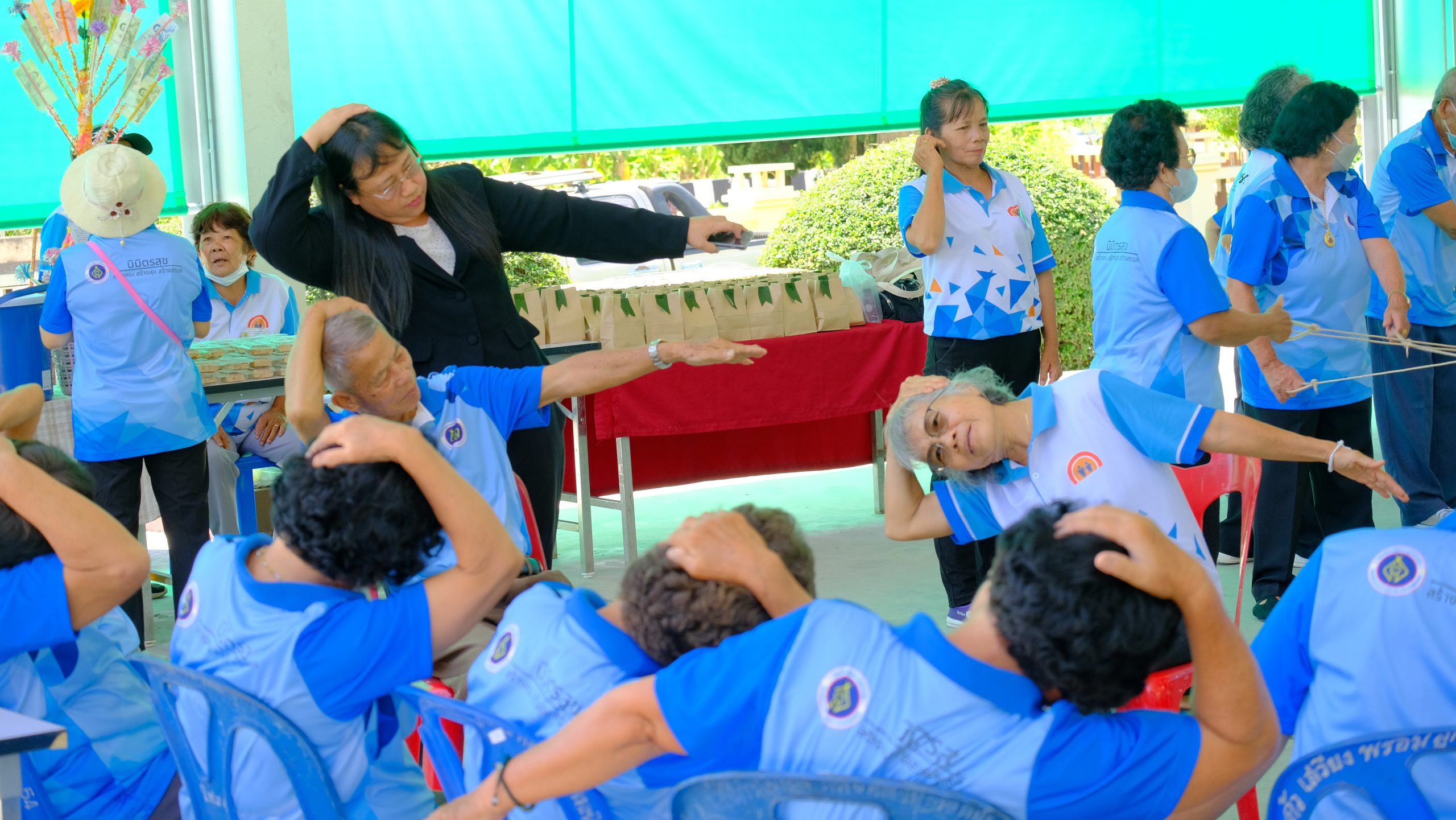
Figure 4: DIHAC researcher cheering older persons learning functional training exercise from peer leader
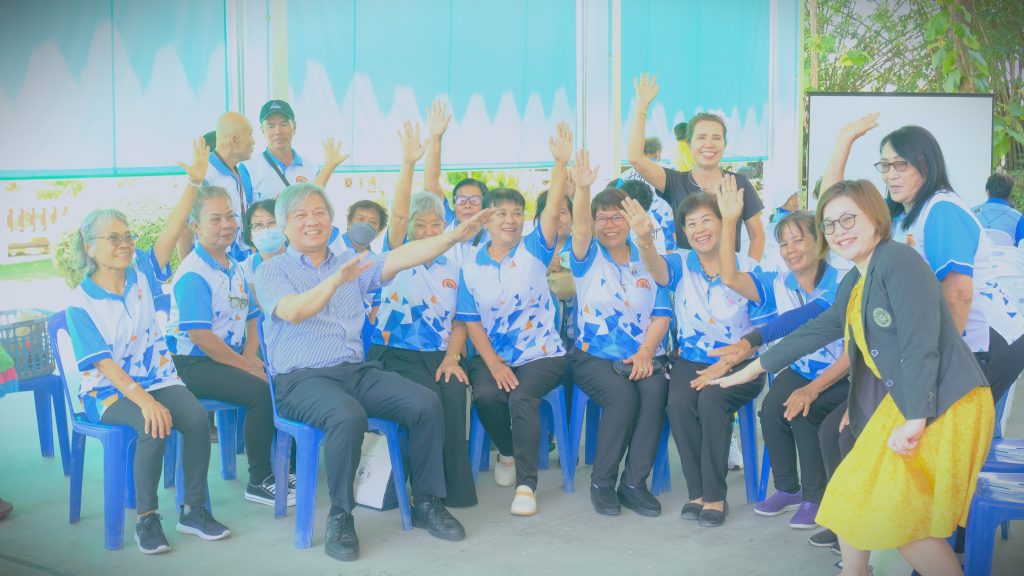
Figure 5: Members of Keelek City “Community University” for Healthy Ageing and DIHAC study investigators
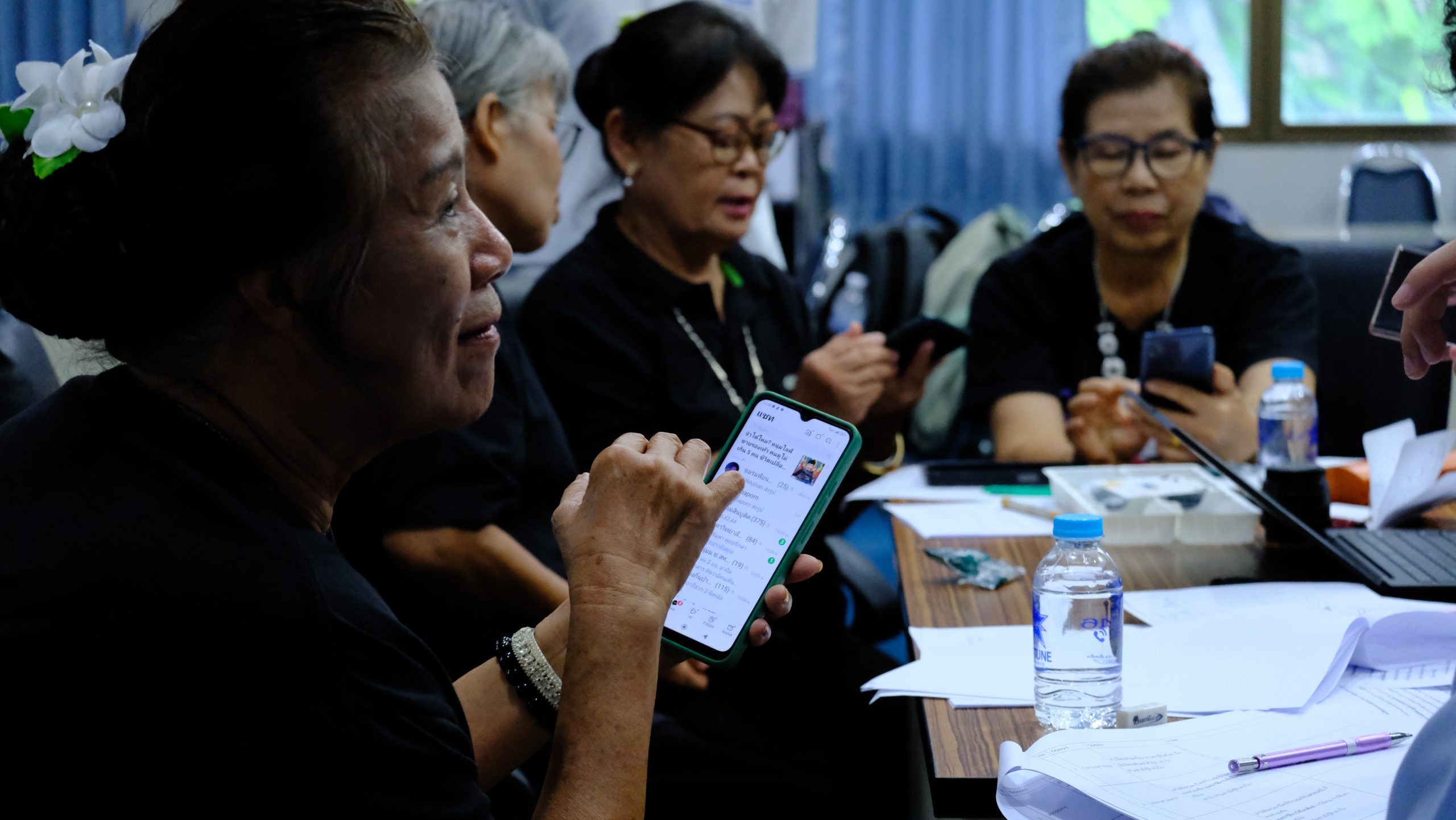
Figure 6: Thai health volunteers working with smart volunteer apps in Keelek city community, Chiang Mai , Thailand
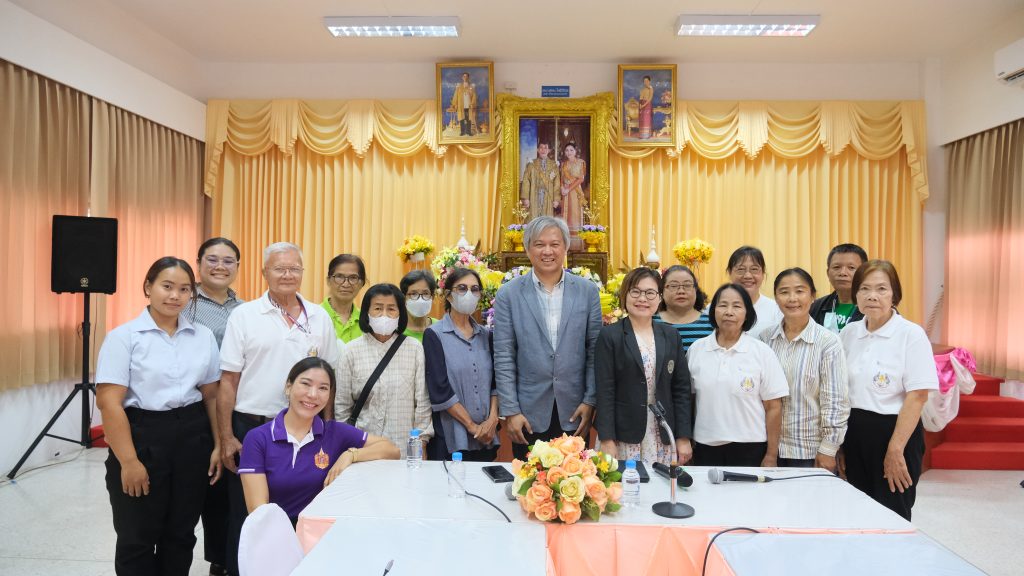
Figure 7: DIHAC study team with Hang Dong city municipality officer Ms Ramida Kukeawkasem and members of older persons’ institute
The team had dialogues with community members who use different kinds of smartphone applications, in Hang Done city office on 10th July 2024. A gentleman, who is a leader of older persons’ institute said he liked to search for karaoke sounds on YouTube using voice search command.
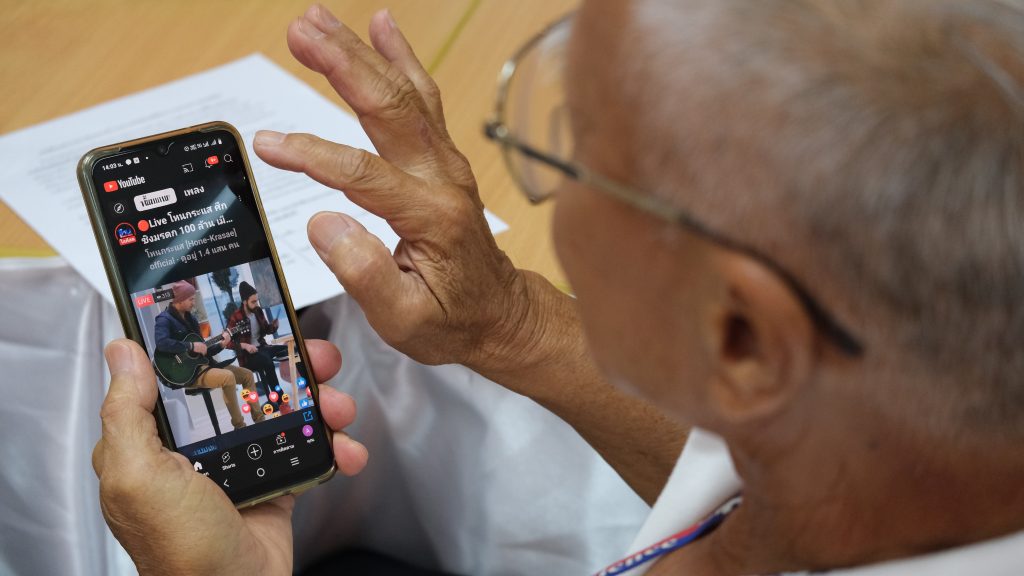
Figure 8: Thai Gentleman demonstrating how he searched for the songs he likes to sing on YouTube
Older persons actively use smartphones to search for health information such as exercise videos, and healthy diet advice. They used to see Facebook post and TikTok of the Ministry of Public Health.
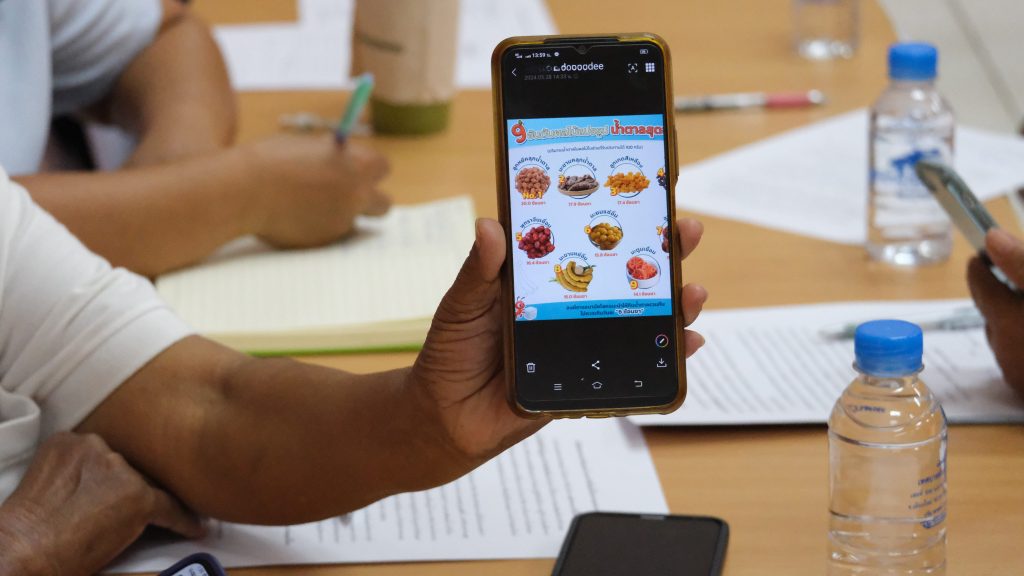
Figure 9: Thai woman health volunteer showing how she searched health information on the internet and social media
The DIHAC team was explained by the community residents that smartphones and the internet are their daily necessities. Older persons usually use mobile network or Wi-Fi from home ADSL. We noticed that Smart Volunteer Apps used by Thailand health volunteers are trendy and make community volunteers enhance their contribution to primary health care, health promotion, long-term care and healthy ageing.
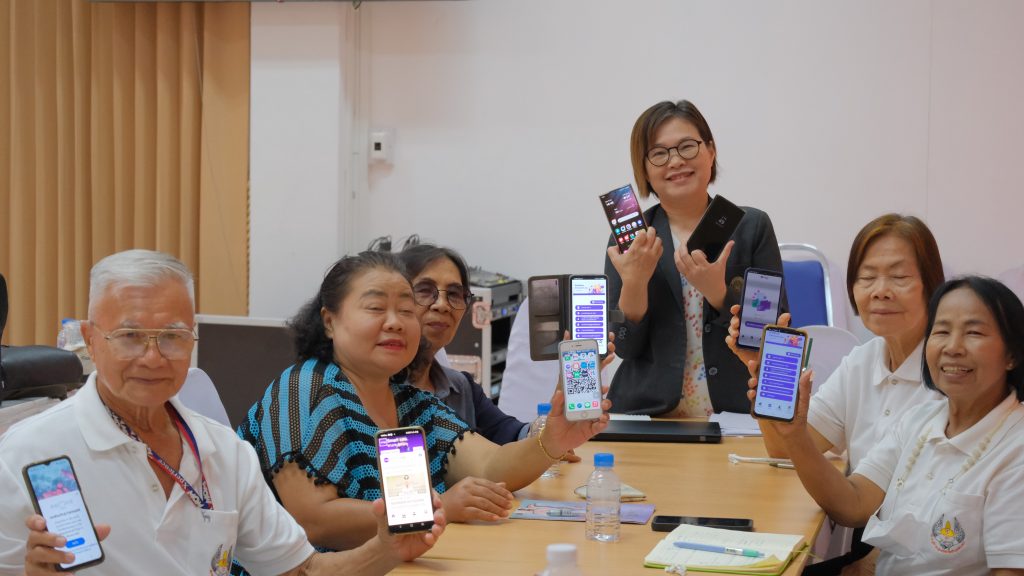
Figure 10: Health Volunteers showing the “smart volunteer” apps in their smartphones in Hang Dong, Chiang Mai, Thailand
In the first week of July, DIHAC study team members Associate Professor Myo Nyein Aung, Juntendo University, Dr Thin Nyein Nyein Aung, Chaing Mai University, Dr Yuka Koyanagi, Toyko Ariake University and Dr Saiyud Moolphate CMRU, joined the 100th year celebration of the Chiang Mai Rajabhat University.
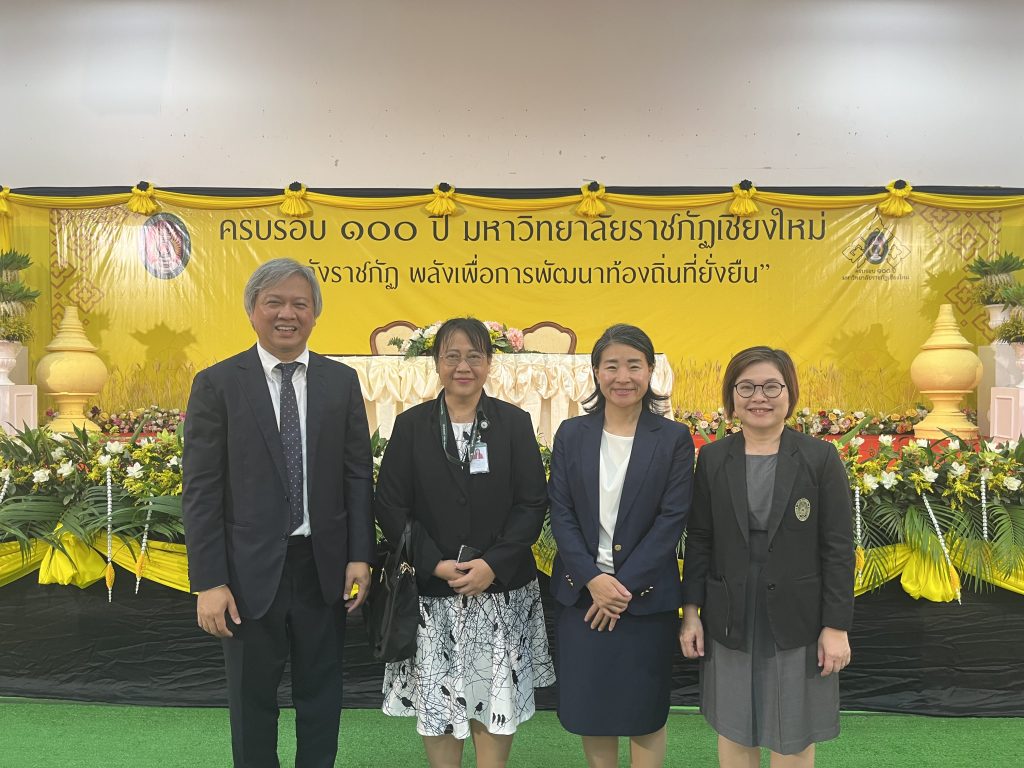
Figure 11: DIHAC study team participated in the 100th year Anniversary of Chiang Mai Rajabhat University
